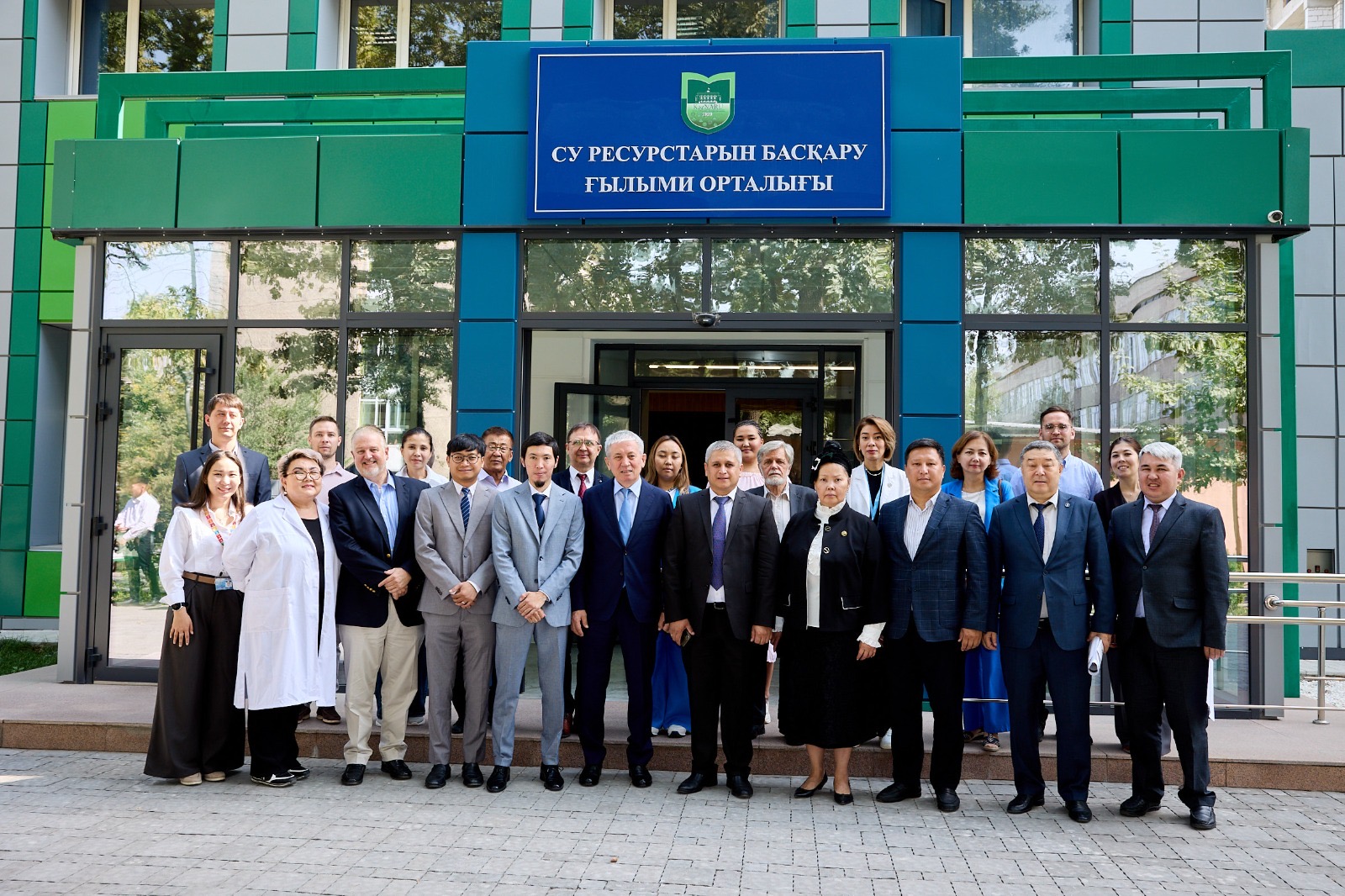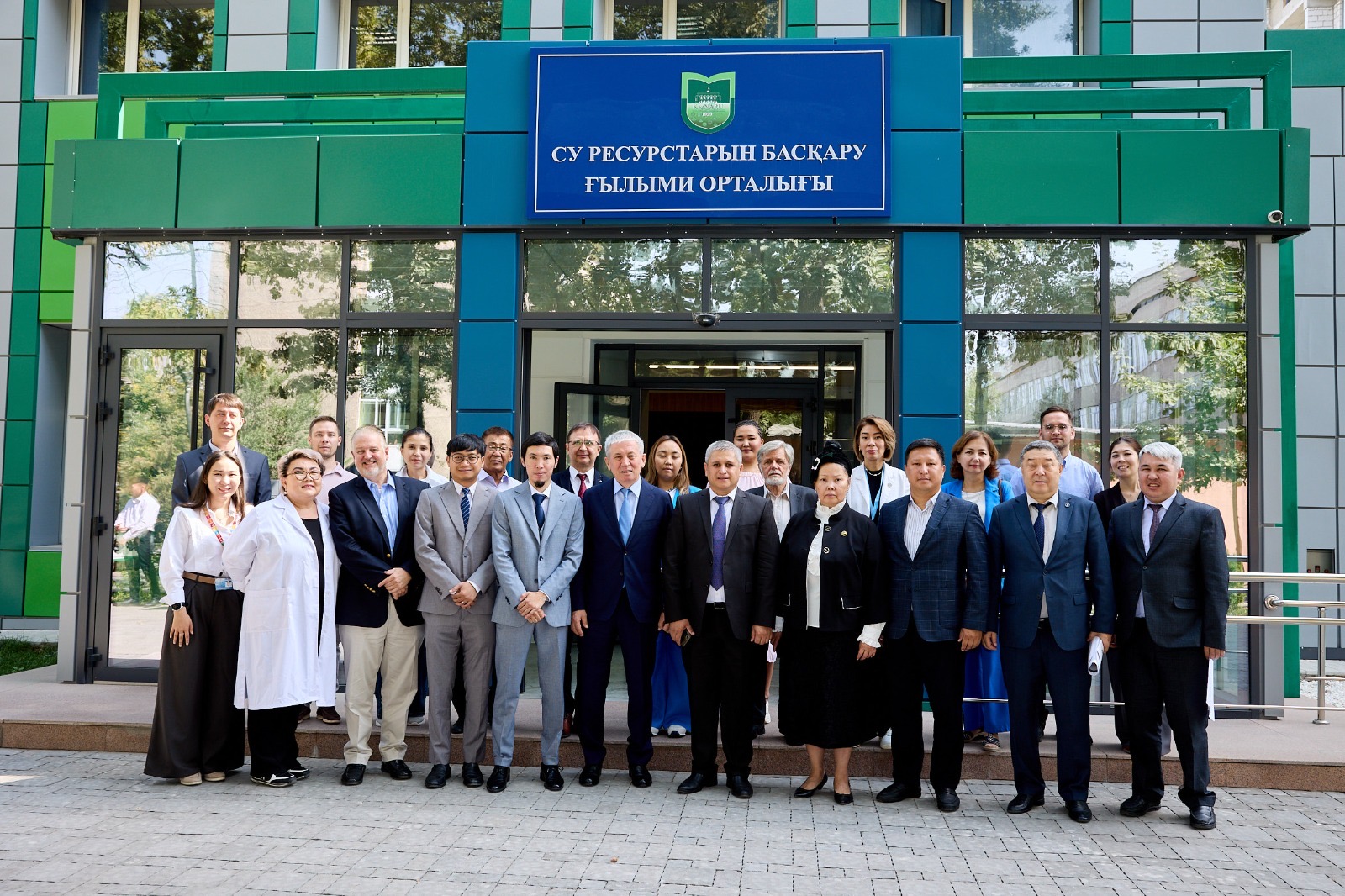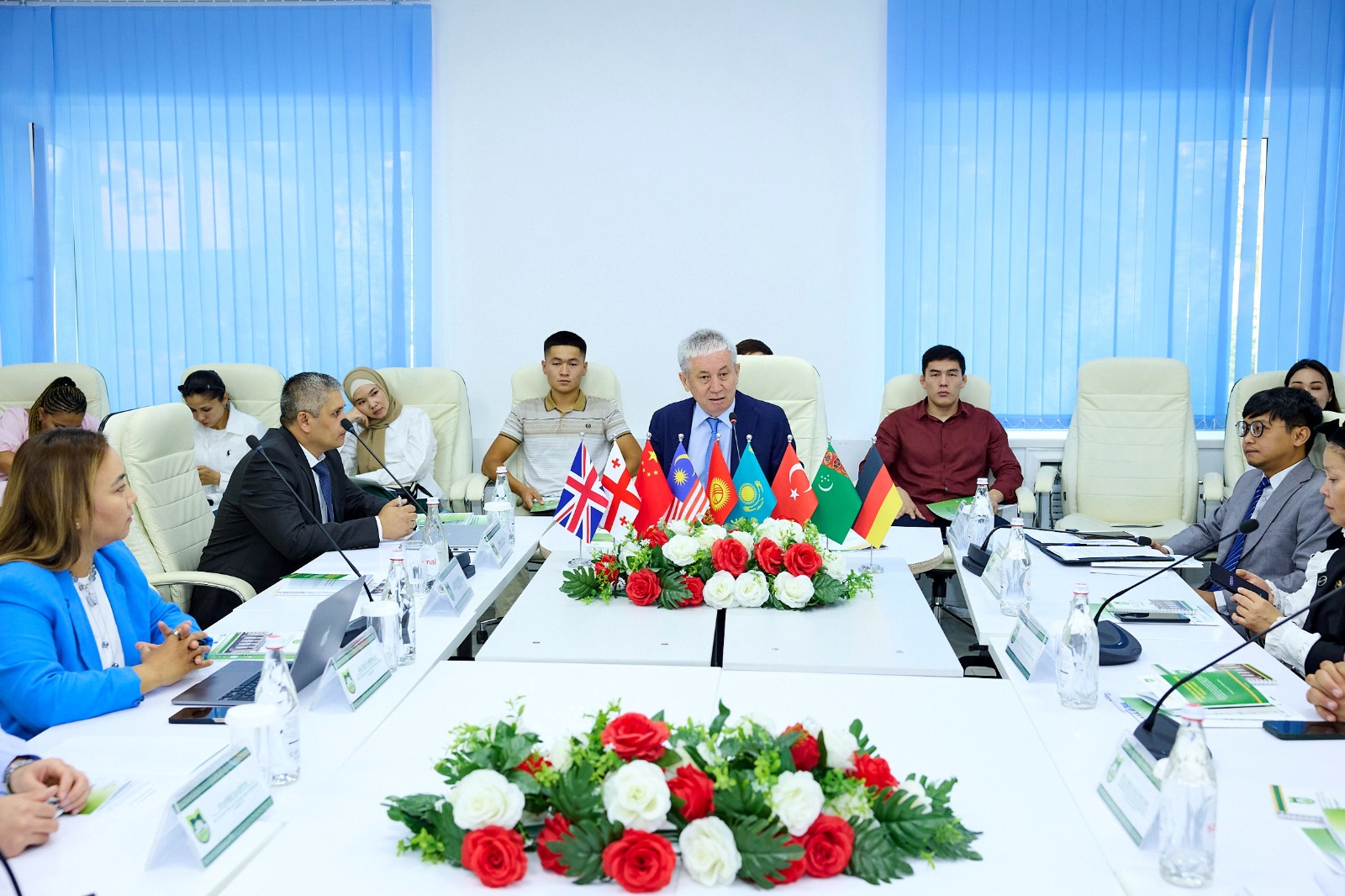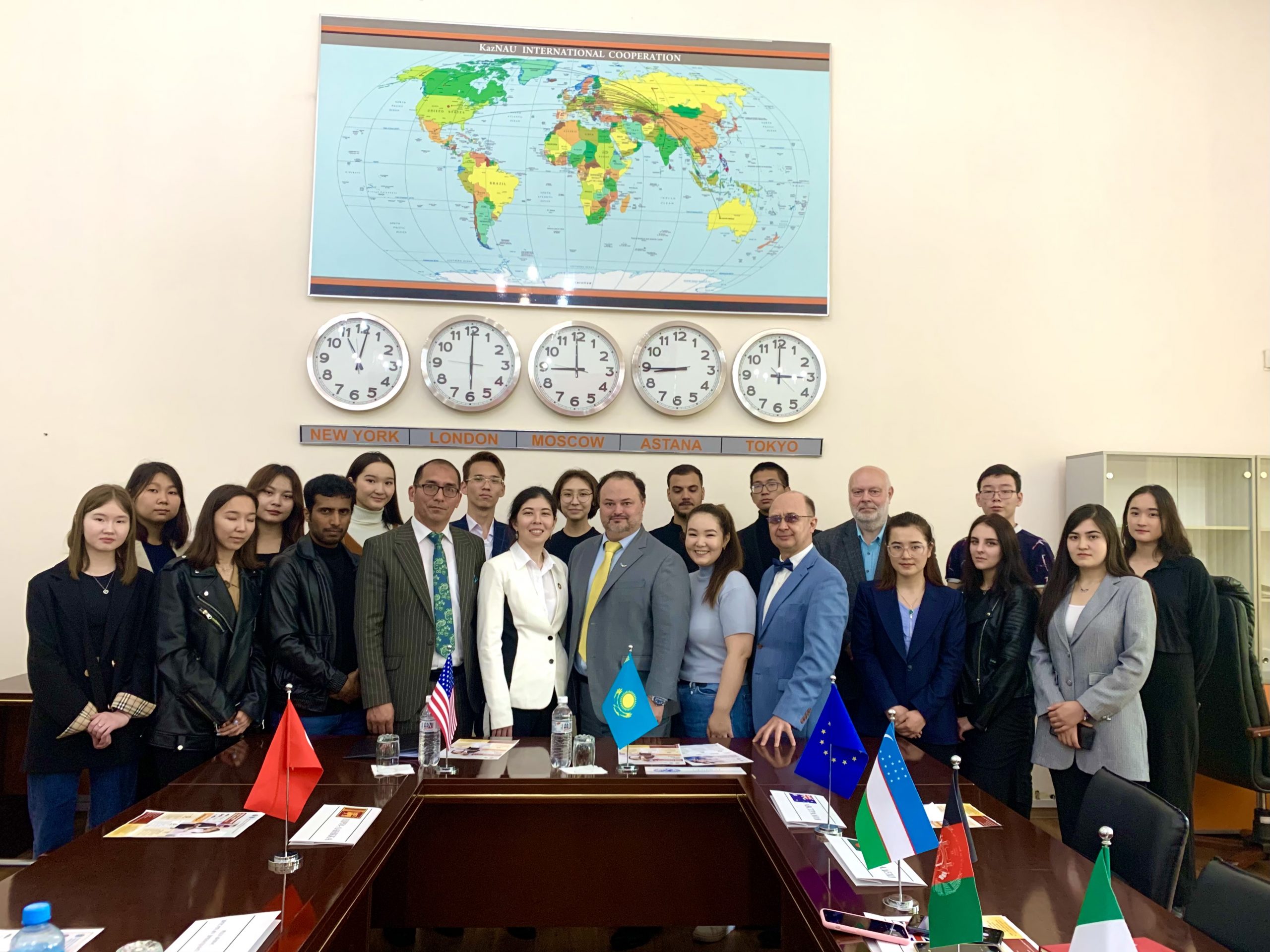On September 8, 2025, the Kazakh National Agrarian Research University (KazNARU) inaugurated Green Week 2025: Innovation, Education, and Sustainable Development – The Future of Kazakhstan’s Agricultural Sector. The initiative highlights the university’s commitment to advancing the UN Sustainable Development Goals (SDGs) through research, international collaboration, and innovative approaches to agriculture.
The program featured projects on sustainable farming, smart agriculture, and digital transformation, emphasizing the role of artificial intelligence and biotechnology in strengthening food security. In his opening remarks, First Deputy Chairman of the Board-Rector Primkul Ibragimov stressed the importance of integrating AI technologies, expanding laboratory capacity, and building global partnerships. He also underlined the significance of Kazakhstan’s collaboration with China, Uzbekistan, and other regional partners, as well as the recent establishment of the UN Sustainable Development Hub in Almaty.
The opening ceremony was marked by the participation of distinguished guests, including representatives of the Islamic Organization for Food Security, Sergei Khristolyubov, Regional Director of QS for Eastern Europe and Central Asia, and leading figures from the United Nations, FAO, ICESCO, and Erasmus. Their contributions highlighted the importance of global cooperation in tackling sustainability challenges.
As part of the event, KazNARU also presented new monographs, including Smarter Agriculture, Brighter Futures and The Use of Biotechnology for Sustainable Farming: Harnessing the Potential of Biochar. Discussions underscored the urgent need for innovative solutions to optimize the use of land, water, and technology in addressing future food security challenges.
“Green Week 2025 demonstrates KazNARU’s leadership in fostering interdisciplinary dialogue and practical innovations for sustainable agriculture,” said Rafis Abazov, Vice-Rector for International Relations and Director of the Institute of Green and Sustainable Development.
The event brought together experts from KIMEP University, the Kazakh-British Technical University, and Abai Kazakh National Pedagogical University, who shared best practices and research outcomes in the field of sustainability.
Hosted at KazNARU’s Water Hub in Almaty, the program was supported by the university’s International Office and the Institute of Green and Sustainable Development.
#SustainableDevelopment #GreenTechnology #Kazakhstan #HigherEducation






